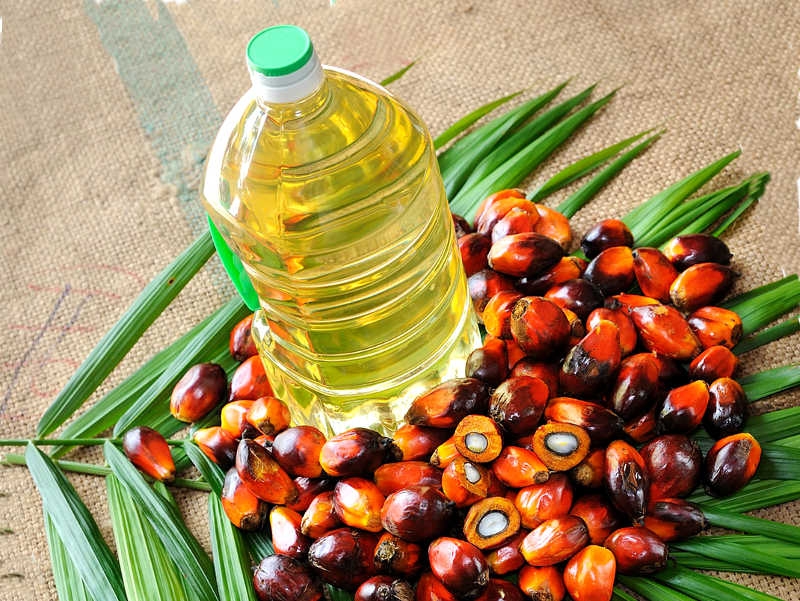Floods slash Malaysian palm oil output, plantations chief says

Malaysian palm oil output will likely drop by 5% to 8% in November from the previous month, after heavy rains and floods disrupted plantation operations, according to United Plantations Bhd.
Rainfall was much higher than usual in October and November, which prevented harvesting and transport of palm fruit in several producing regions, chief executive director Carl Bek-Nielsen said in an interview in Kuala Lumpur.
Supply worries due to floods have sent benchmark palm oil prices to near a four-month high in November. It’s mainly due to a weather pattern known as La Nina, which brings more rains to oil-palm regions in Indonesia and Malaysia, and drier conditions to soybean and corn areas in Argentina and Brazil.
Many oil palm estates had water levels that were several feet high in the first 15 days of November, which will lead to crop losses, Bek-Nielsen said on the sidelines of a conference.
The main affected areas include Perak, Pahang and Johor in Malaysia, as well as Kalimantan in Indonesia.
More details from the interview:
- Severe labour shortage in Malaysia is being overcome; however, the earlier shortages had affected harvesting, especially during peak production months.
- Malaysia’s total palm oil production is estimated at 18.2 million to 18.4 million tonnes this year; the second-biggest producer has lost at least 1.2 million tonnes of palm oil in fields, which translates to about six million tonnes of fresh fruit bunches.
- “Now, there is a lot of new labour coming in, and that is alleviating the problem. Production is not dropping off the cliff because now, there are people to harvest the crop,” Bek-Nielsen said.
- “If we had those people four months ago, then production would have been super high,” Bek-Nielsen added.
Read also
Wheat in Southern Brazil Impacted by Dry Weather and Frosts
Oilseed Industry. Leaders and Strategies in the Times of a Great Change
Black Sea & Danube Region: Oilseed and Vegoil Markets Within Ongoing Transfor...
Serbia. The drought will cause extremely high losses for farmers this year
2023/24 Safrinha Corn in Brazil 91% Harvested
Write to us
Our manager will contact you soon



